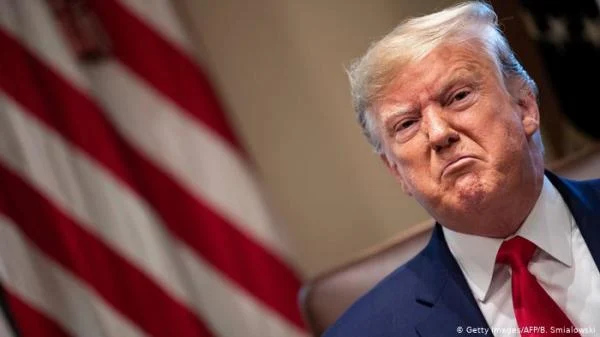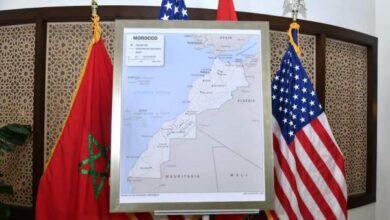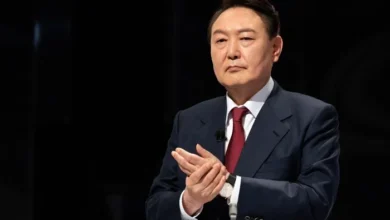The World Braces for Tough Tariffs Threatened by Trump

Donald Trump’s threats to impose strict tariffs have sent shockwaves through foreign businesses and governments, raising fears of a full-blown trade war as the newly re-elected U.S. president prepares to return to the White House early next year.
On Monday, Trump issued a warning to both allies and rivals, vowing to impose 25% tariffs on exports from Canada and Mexico, and to increase tariffs on Chinese goods by an additional 10%.
Petros Mavroidis, a professor at Columbia University, remarked, “Just targeting Mexico and Canada, particularly Canada, is unbelievable… These are the United States’ closest and oldest allies.” He added that Trump risks antagonizing U.S. allies.
Canada and Mexico, two of Washington’s key trade partners, were expected to be shielded from such measures, given their participation in a free trade agreement with the U.S., signed during Trump’s first term. Trump had touted the deal as the “best and most significant trade agreement in U.S. history,” although it is set to be reviewed starting next year.
However, the announcement of these tariffs, along with enhanced duties on Chinese goods, underscores, according to Erin Murphy, a researcher at the Center for Strategic and International Studies in Washington, that “Trump sees no distinction between U.S. allies and adversaries.” She added, “From the rest of the world’s perspective, these decisions are clearly unwelcome but not surprising.”
Tariffs were a cornerstone of Trump’s economic policy during his campaign, with plans to impose 10–20% tariffs on all goods entering the United States and 60–100% tariffs on Chinese imports.
Trump’s measures aim to achieve three goals:
- Fund tax cuts he seeks to implement.
- Encourage companies to relocate production to the U.S. to benefit from its domestic market.
- Use tariffs as a bargaining tool in future trade negotiations.
However, Bernard Yaros, an economist at Oxford Economics, noted that trade partners in Europe and Asia are unlikely to refrain from retaliating against these strict tariffs, which would have a negative impact on global growth, including in the U.S.
Gary Hufbauer, a researcher at the Peterson Institute, predicted that “Europe won’t give Trump what he wants. There will be tariffs on European goods, and Europe will retaliate with tariffs on symbolic American products like oranges, iPhones, and whiskey.”
Murphy suggested that advanced Asian economies like Japan and South Korea are likely to respond with countermeasures but without escalating the situation further.
While countries could challenge these tariffs at the World Trade Organization (WTO), the U.S. is not obligated to comply with any rulings against it.
Mavroidis expressed his concern, saying, “I hope the WTO retains its significance. I still think it has a role to play, but I’m beginning to doubt it because even though the U.S. remains a member, it behaves as if it’s no longer part of it. The U.S. neither proposes new developments nor signs agreements. It’s essentially disengaged.”
These developments suggest a potentially turbulent period for international trade, with both allies and adversaries preparing for economic and diplomatic friction.



